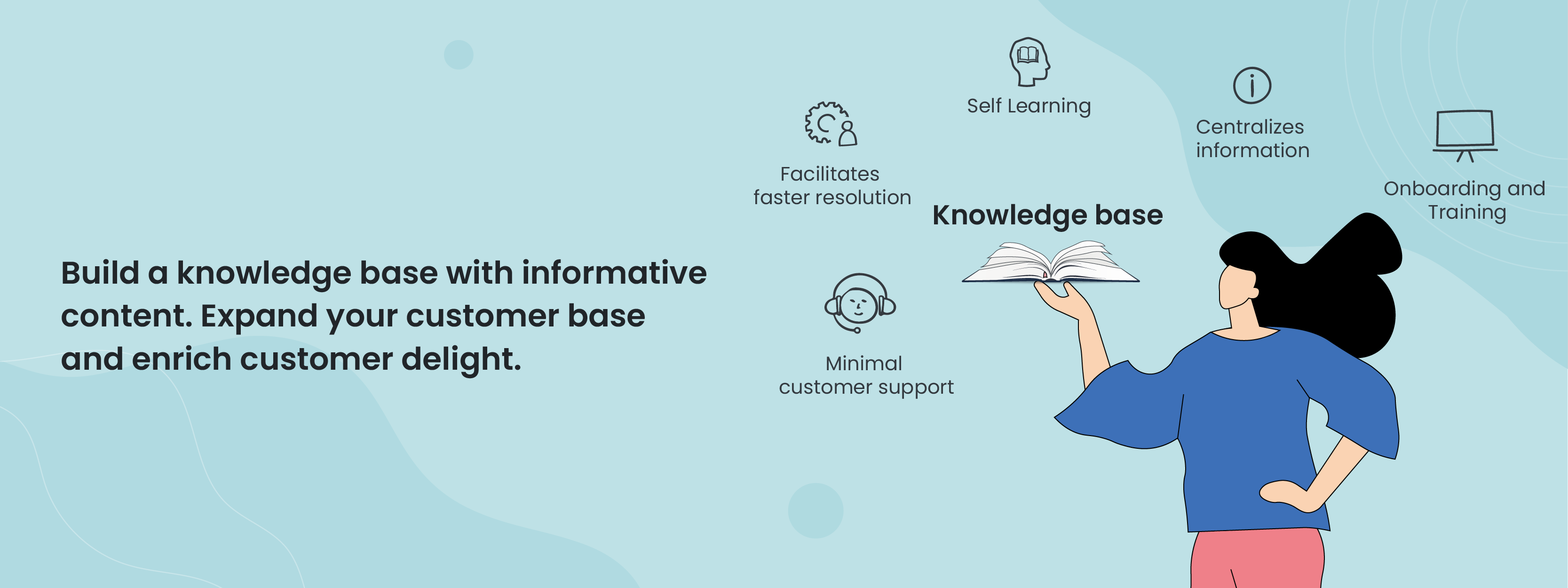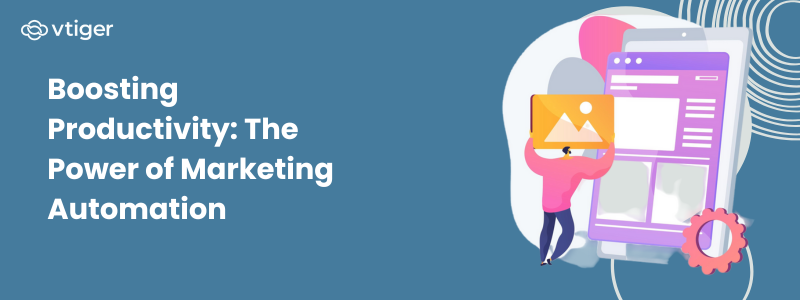Sam owns an e-learning company named ‘DataBridge’ that offers online training programs on data science. These courses are available for students and corporate employees, who want to upskill themselves.
Recently, he has seen a dip in the number of enrollments which causes him worry. He realizes that customers who inquire about the course are not signing up. He also discovers the sales team is not giving an accurate picture of the relevance and benefits of taking up a data science program. And also, they are not able to provide in-depth information to corporates and invite them to take the course.
The sales team tells him, they do not have relevant material about the product. Also, they do not have the latest information about the programs that are conducted by DataBridge. Some customers are also asking for tailor-made courses.
So, what do you think is lacking here?
The sales team does not have extensive complete information about the programs.
What do you think Sam should do?
We think Sam should look into the repository of documentation that he has and whether it caters to his sales team’s needs. Essentially, he should have an updated and exhaustive knowledge base for DataBridge.
Nowadays, businesses are keeping a knowledge repository for everyone to access information on the go. If you have 360-degree information about your organization, wouldn’t it be easy for your customers, employees, and new hires to learn about your business?
How will a knowledge base help Sam?
A knowledge base as it is popularly known is a digital library that contains help documentation, instructional guides, FAQs, user manuals, introductory articles, videos, presentations, etc., about a business. With a knowledge base, you can create, organize, and share information for internal (employees) and external (customers) purposes.
What kind of content Sam should have in his knowledge base?
For Sam’s Sales team: There should be micro-learning videos or PowerPoint presentations that provide an overview and talks about the benefits of taking a data science program.
For Sam’s customer support: There should be a glossary that defines important terms like SQL, machine learning, etc, an instructional guide to login to the learning platform, etc.
For Sam’s customers: There should be personalized courses that suit their requirements and free learning materials that attract them to enroll in the program.
Benefits of the knowledge base
By now you must have understood the idea behind implementing a knowledge base. Now, let us look at the top five benefits of using the knowledge base for an organization. Remember, a knowledge base is beneficial to both your employees and your customers.
Promotes self-learning (External)
Nowadays, a majority of people prefer to read and learn about a topic by themselves.
A knowledge base helps you provide consistent information to your customers. You can anticipate your customer’s needs and provide them with the right kind of information before they reach out to you. It provides your customers an opportunity to solve their queries without taking help from support.
With a robust self-help database, you will be able to provide a seamless problem-solving experience to your customers. When your customer’s pain points are addressed regularly, you will be able to build long-term relationships.
Consistent and quality content improves trust and brand loyalty.
Reduces dependency on customer support
A report by E-consultancy states that 51% of customers prefer getting their queries resolved from FAQs. It certainly means they don’t want to rely on customer support teams for getting answers quickly.
You will see a reduction in the number of calls the customer support team receives with an effective knowledge base. Your support team doesn’t have to be available all the time. Customers can access information anytime and from any device. Knowledge bases are also small device friendly like tablets and mobiles.
For example, if your customer is a resident of the USA and your services are based in India, they can get their queries resolved in just a few clicks if they have access to your information hub. It will also reduce the costs of hiring support staff.
Centralizes information
With the latest information like documents that record customer experiences, product updates, new features, etc available on a single platform, all your customer-facing teams can have access to information easily. This reduces cross-team dependency and provides 360-degree information to everyone in the organization.
Facilitates faster resolution
Analyze the pattern of queries you are receiving from customers and update your knowledge base with those types of content. Having this content will prepare your customer support to readily answer queries.
For example, if most of your queries are about how to use your product, include relevant help documentation and FAQs. Your support team doesn’t have to make your customers wait for long for issue resolution, thus attaining customer delight.
Helps with onboarding and training
Leverage your knowledge base for smooth onboarding, internally for your employees and externally for your customers to learn about the product. You can use a robust and well-organized knowledge base to create personalized learning resources for new hires, internal teams, customers, or partners of your business. Reusable content on a single platform reduces your dependency on trainers and reduces training costs.
A knowledge base is a must-have for your business to grow and if you don’t want to be in a position like Sam, create a knowledge base for everyone associated with your business to transfer knowledge in a feasible way.
Check out our previous blog to get introduced to the concept of the knowledge base.
How do you create a knowledge base for your organization
One of the easiest ways to create a knowledge base is to use a Learning Management System (LMS) application. LMSes are used to deliver and manage learning resources. They provide an effective way to build and categorize your knowledge base. They enable you to impart information seamlessly within and across your organization.
You can also use an LMS to extend the knowledge base by adding content in a variety of formats. For example, recorded webinars, infographics on FAQs, PowerPoint presentations, customized training programs, gamified learning courses, etc.
We recommend every business have a knowledge base and use LMS to expand the information in your information hub. Also, Vtiger will be launching its own LMS very soon.
Stay tuned to know about Vtiger LMS in the upcoming blogs.



